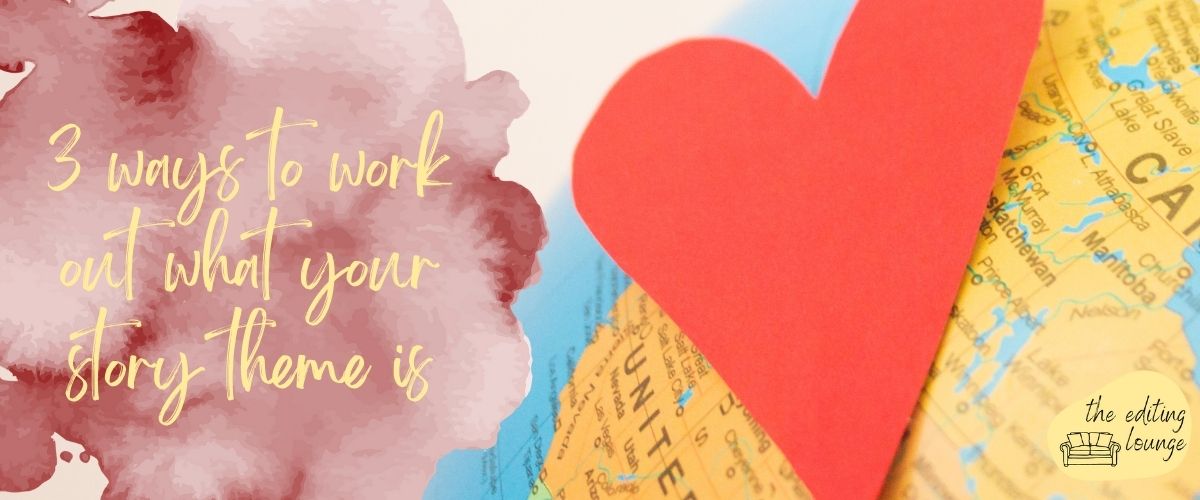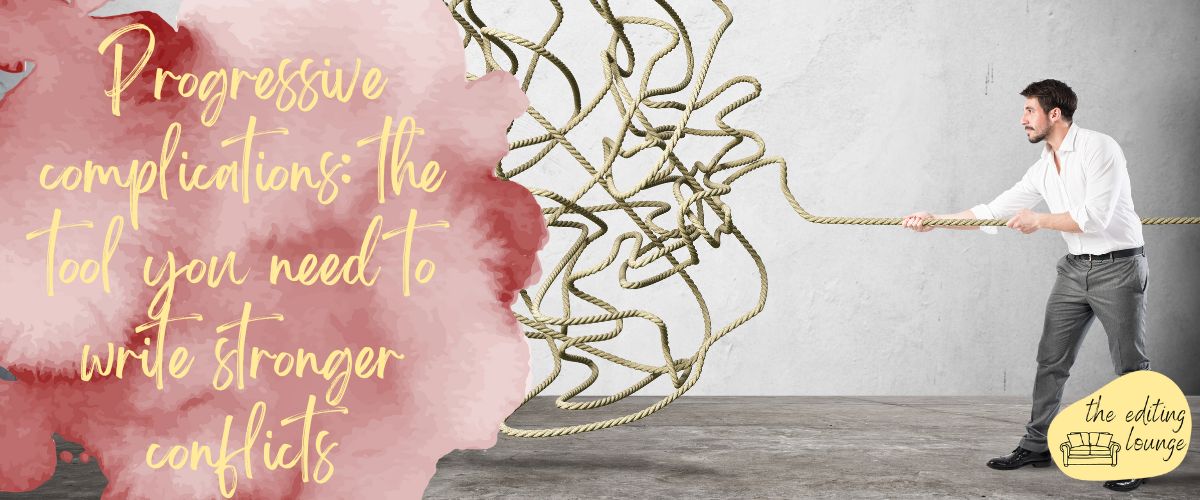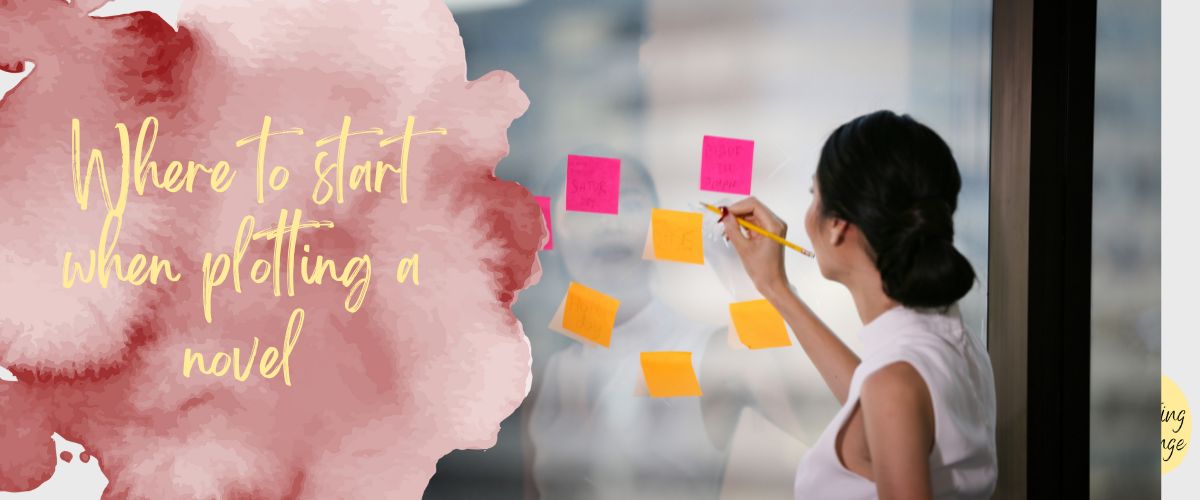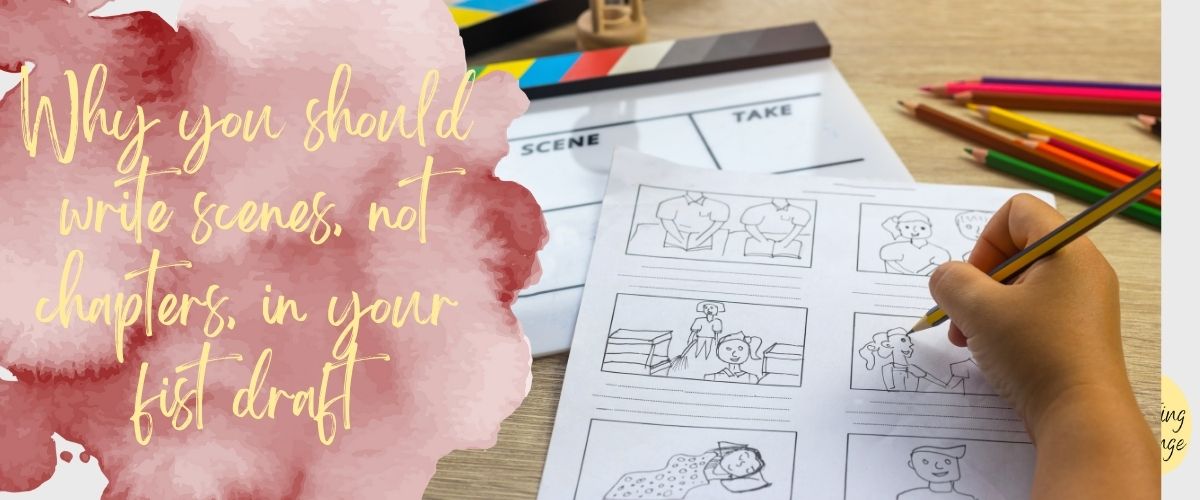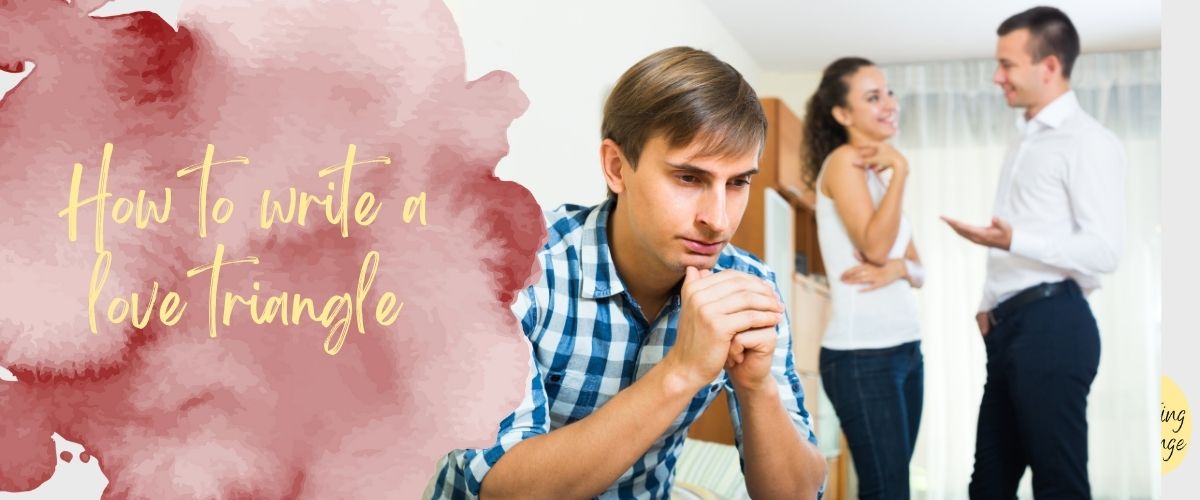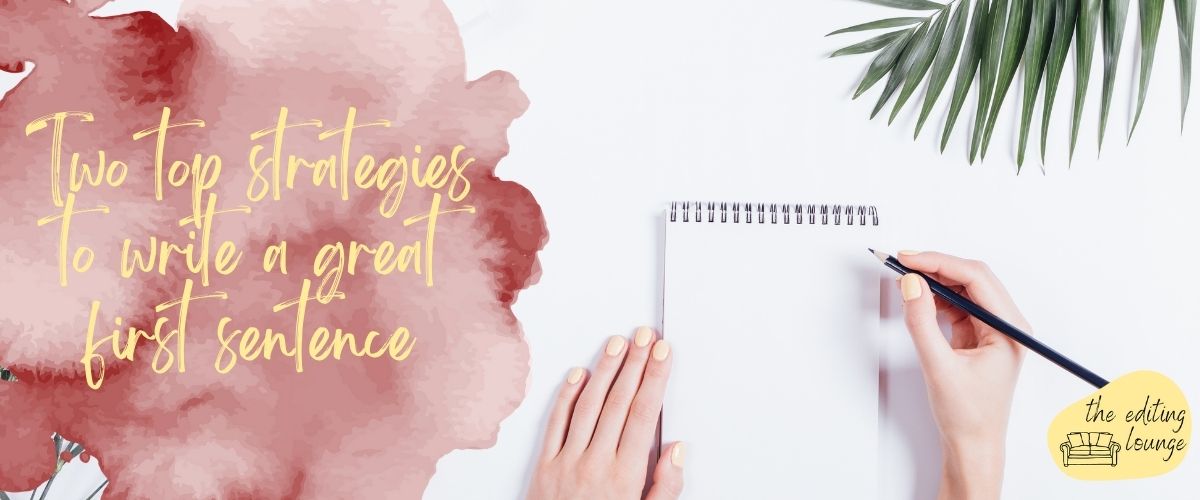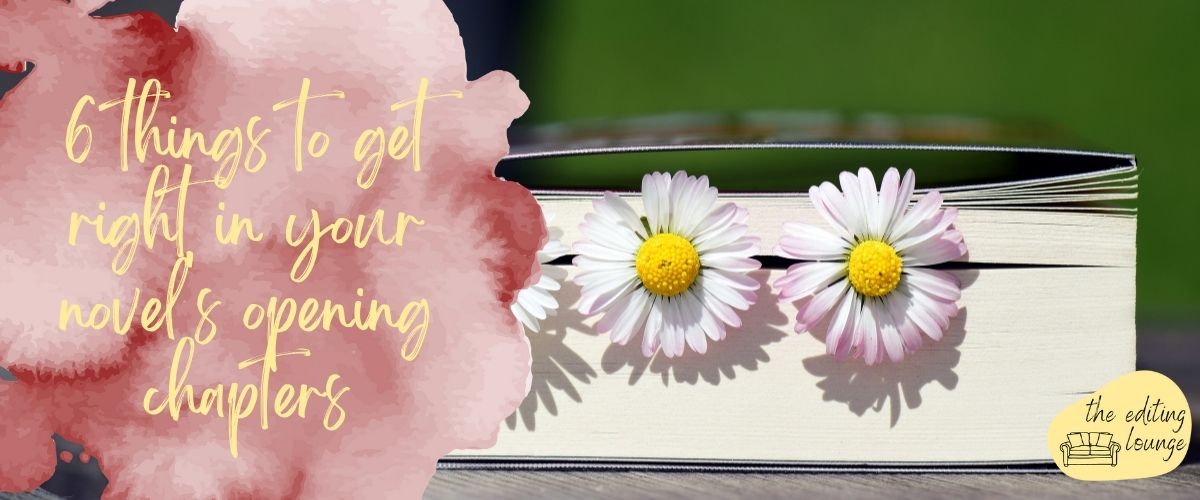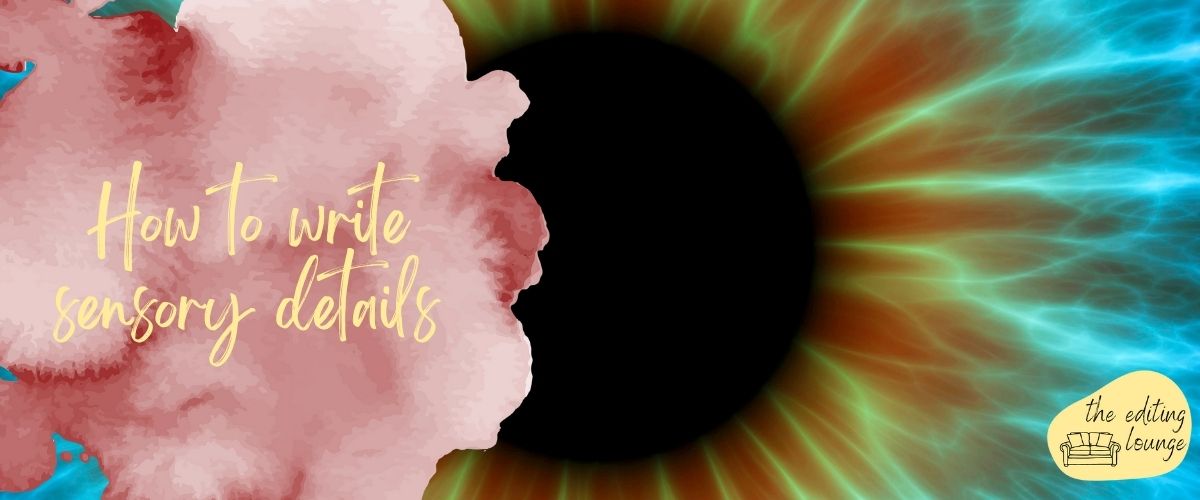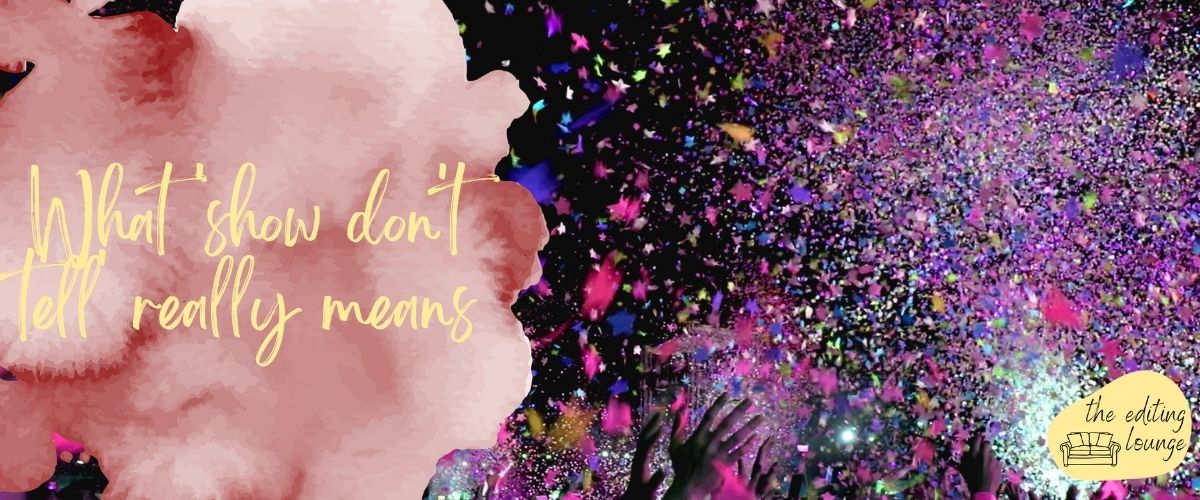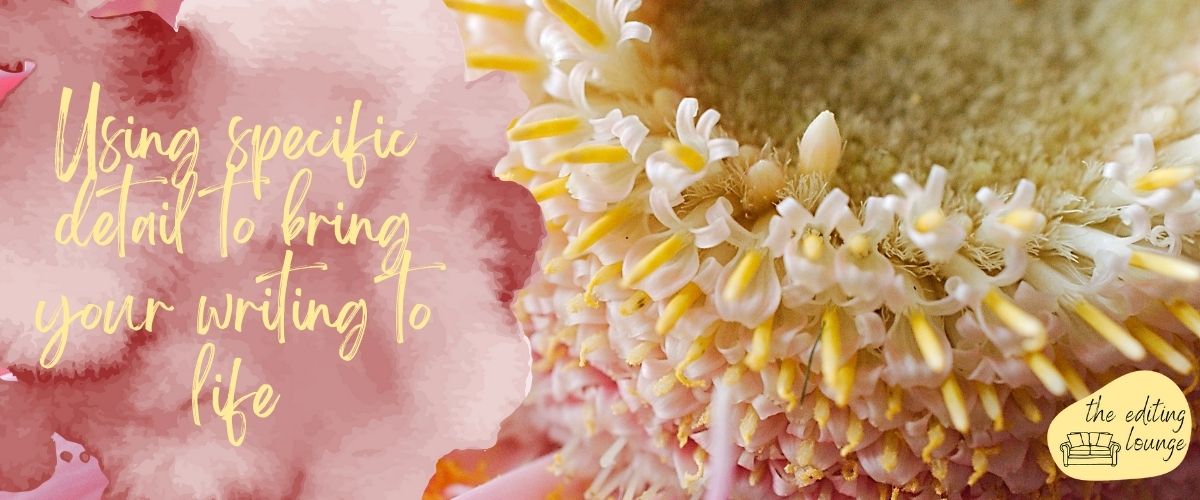I don’t need to know what my story theme is, I hear you say. Just let me crack on with my writing.
I know. Hitting pause to think about your theme doesn’t feel like a priority when you’ve got all these great story ideas to get down on paper. Plus, some writers feel that identifying a theme for their story will tie their writing down or limit it in some way.
I can promise you that it won’t. On the contrary, if you have some idea of your theme before you start writing, your first draft will be stronger. That’s not to say your theme can’t change as you develop your ideas, but it will give you a starting point and put you in a much better position to write a solid story.
But how can you work out what your story theme is? How do you know so early in the process? I’ve got three ways to help you work this out.
But first, what is theme?
What is story theme?
Theme is the overall message behind your story – the meaning you want readers to take away when they finish reading.
Your theme is your worldview, your philosophy and moral lesson that you want to offer your readers. It’s an underlying principle or concept that will underpin your story.
Here are three ways to help you work out what your theme is.

1. Know what you want to say in your story

Most writers write because they have something to say. They want readers to see their perspective.
So, what point are you trying to make? What are you trying to prove or disprove? What issues do you want to tackle? Politics, disease, alcoholism, domestic abuse, murder, self-love, faith, acceptance of others?
2. Know how your main character will change
The events in your plot should change your main character. Their internal change process is called their ‘character arc’. Your character’s arc should match the story’s theme.
To identify how your character will change throughout the story ask yourself who the character is; how the story events will shape them, either for better or worse; what holds them back from happiness and fulfilment; how the character will succeed or fail at overcoming the obstacles in their way; and what kind of character they will be by the end of the story.
When you’ve answered these questions, think about the themes that could arise from these answers. Then consider how your ideas match up to your ideas from the first section in this blog post.

3. Know your genre

Each genre has its own universal themes. For example, action novels tend to explore survival, life and death, and courage. Romance novels tend to explore friendship, romance, and intimacy. And mystery novels tend to explore justice, safety, and good vs. bad. When you know your genre, it’s much easier to pair it up with a theme.
Once you’ve thought about what you want your story to say, how your character will change, and what your genre is, you should be able to come up with a sentence that summarises your theme. Keep this sentence in mind while you write your draft and adjust it as you go.
The beauty of universal themes
Don’t try too hard when picking out your theme. It doesn’t have to be original. There are plenty of novels that run with themes like ‘love conquers all’ or ‘good defeats evil’. These are universal themes that readers don’t get tired of. (Instead, readers get tired of stories that express the same themes in the same ways, using the same genres, plots, and characters).
So, it’s okay if your theme sounds generic or clichéd at the outset. It will evolve and become more detailed as you write. As long as you write an original, compelling story, you can adopt a universal theme.
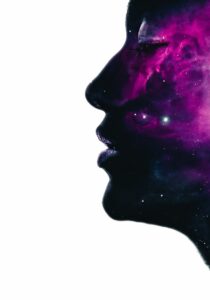
About Charlotte

Charlotte is an award-winning writer and line/copyeditor who writes and edits for clients all over the world. She also works on the fiction team for Ambit, a UK literary and arts magazine.
She holds an international literary prize from Hammond House Publishing Group, two writing-related degrees, various marketing certifications, and training certificates from the Chartered Institute of Editing and Proofreading, of which she is a Professional Member.
Charlotte’s work has appeared in several anthologies, magazines, and literary journals, including Indigomania, Dream Catcher, and The Curlew.
She has also created a series of free self-editing cheat sheets to help new writers hone their fiction before sending their work off to a professional editor.
Progressive complications: the tool you need to write stronger conflicts
Conflict is essential to stories of all kinds. A story can’t exist with conflict. If your character could get whatever they wanted at the beginning of the story, there would be no reason to write it. Whether you’re writing a novel or a short story, conflict is what keeps your story going, what keeps the…
Where to start when plotting a novel
It’s arguable that the most important thing a novel should do is follow an arc of change. If nothing changes, do you really have a story? So, perhaps the first step to take when plotting your novel should be to decide, at the simplest level, what’s going to change. That’s easier said than done, but…
Why you should write scenes, not chapters, in your first draft
Plotting and writing a string of chapters long enough to fill a book is daunting. It’s impossible to know how many chapters you’ll need. And it’s impossible to order all of your chapters before you start writing and feeling your way around. That’s why it’s much easier to write your first draft in scenes instead…
How to write a love triangle
Although readers love a well-written love triangle, writing one is easier said than done. Love triangles that aren’t carefully plotted often end up predictable and clichéd. But when well developed and carefully thought out, love triangles can be great, moving plot devices that strengthen your story. What is a love triangle? A love triangle is…
3 ways to work out what your story theme is
I don’t need to know what my story theme is, I hear you say. Just let me crack on with my writing. I know. Hitting pause to think about your theme doesn’t feel like a priority when you’ve got all these great story ideas to get down on paper. Plus, some writers feel that identifying…
2 top strategies to write a great first sentence
Regardless of which genre you write, your first sentence needs to seduce your readers. Perhaps your first sentence is an invitation. A promise. A tease. A shock. A declaration. Whichever approach you adopt, this sentence must be irresistible. It must hook readers and pull them into the page. (Remember that lots of potential buyers read…
6 things to get right in your novel’s opening chapters
Writing a novel is a massive undertaking, regardless of how many books you’ve already written. And, no matter how many how-to books you’ve read and how many fiction workshops you’ve attended, it’s easy to miss the fundamentals when writing your opening chapters. When you submit your novel to an agent or publisher, they will almost…
How to write sensory details
When we include sensory details in our writing, we can evoke our readers’ senses of sight, sound, touch, taste, and smell. This is because painting a strong scene in your reader’s imagination helps them pull similar scenes from their own memories. Here, we’ll explore the science behind why evoking the senses can be so compelling…
What ‘show don’t tell’ really means
Lots of editors are quick to tell writers ‘show, don’t tell’. But this advice has been given so many times that we often forget to explain what it really means. I’ll break down the concept here so you can make the most of this advice. In brief, ‘telling’ is explaining what’s happening. Meanwhile, ‘showing’ is…
Using specific detail to bring your writing to life
Adding detail is essential to writing great fiction. But how specific is the detail in your manuscript? If I had received a pound for every time one of my writing tutors circled a phrase in my fiction with a note saying ‘specific detail please’ during my MA days, I’d be rich. There are likely lots…



